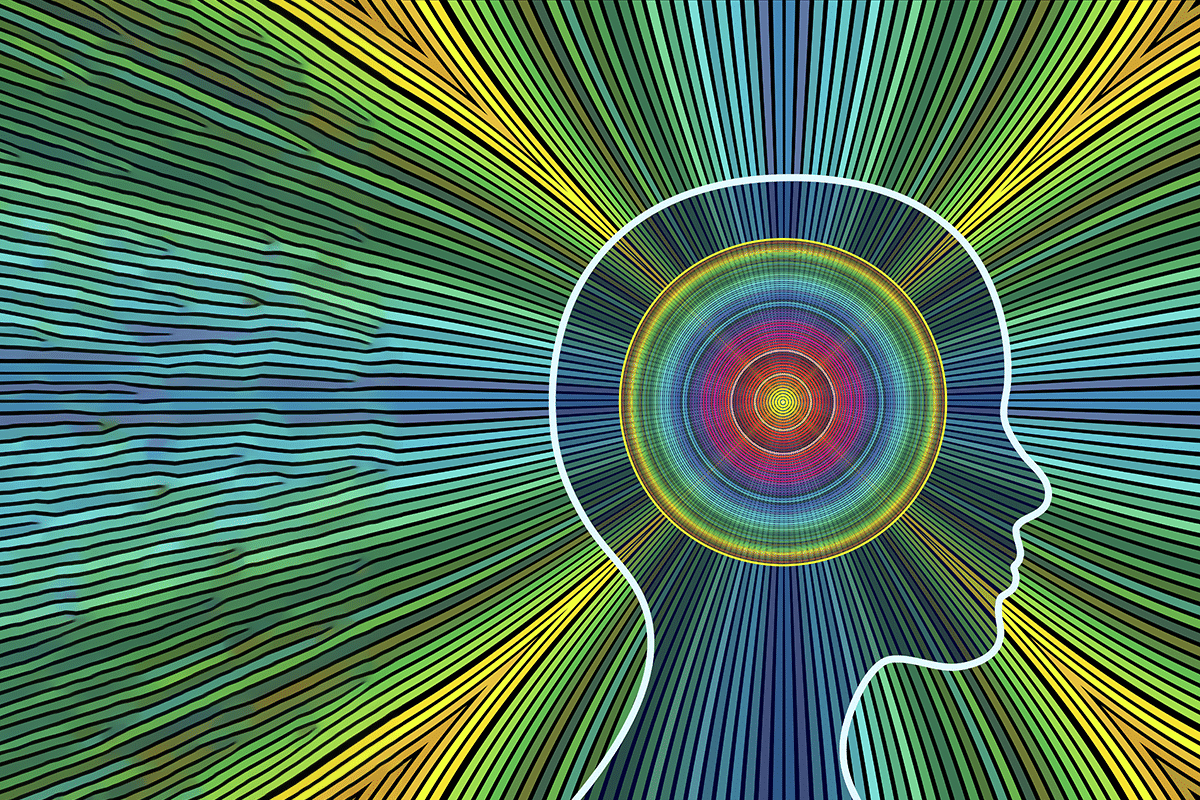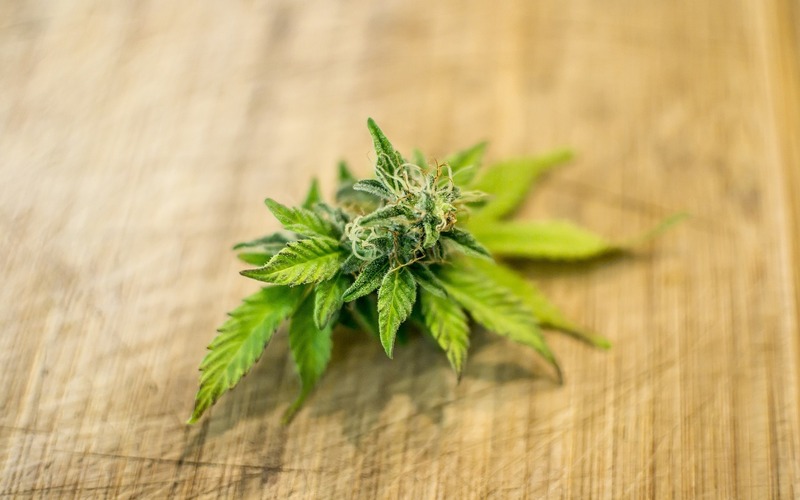In 2013, mainstream media shops started to report on the guarantee of higher-CBD strains like Charlotte’s Net (named for a 5-yr-old woman whose grand mal seizures ended up appreciably lessened with hashish oil) to address seemingly intractable epileptic seizures in little ones. By garnering community assist for higher access to healthcare cannabis amongst family members that needed it, these stories aided to progress the cannabis legalization strategies that proceed to this working day.
Although other health-related and therapeutic employs of hashish (these types of as for suffering, nausea, and slumber troubles) now seem to be to dominate the general public discourse, the plant’s ability to ameliorate a selection of neurological conditions remains a issue of significant interest in wellbeing treatment and scientific exploration. Cannabis constituents are staying investigated for likely use in the cure of not just epileptic seizures but also traumatic mind injury, neurodegenerative disorders like Alzheimer’s, Parkinson’s, and Huntingon’s ailments, and other neurological problems.
Challenge CBD recognized 4 newly released papers on the subject matter, which include two critiques of preceding study and two primary scientific studies. With each other they provide insight into the state of the science, such as what is continue to left to discover and what’s getting to be progressively crystal clear.
Not Just Cannabinoids
A host of hashish-derived phytochemicals which include cannabinoids, terpenes, flavonoids, and other antioxidants have revealed neuroprotective outcomes by means of different cellular and molecular pathways in preclinical exploration, in accordance to College of Adelaide scientists Scott Smid and John Staton Guidelines III in a new evaluate in the journal Phytomedicine.1
“Cannabis sativa synthesizes a lot of classes of secondary metabolites which includes more than 140 terpenes, 104 cannabinoids, [and] 26 flavonoids … that exhibit a assorted range of bioactivities,” the authors compose. Amongst these, a stunning range have been shown in prior studies to have neuroprotective qualities, including the cannabinoids CBD, CBC [cannabichromene], Delta-8 THC, and Delta-9 THC the terpenes limonene, myrcene, linalool, alpha-pinene, beta-caryophyllene, humulene, alpha-bisabolol, friedelin, and terpinolene and the flavonoid cannflavin A.
Nevertheless these conclusions in cells and animal types have not been confirmed in randomized and controlled clinical research in individuals, they nevertheless supply “strong evidence” of a role for cannabis constituents, separately or in mix, as possible neuroprotectants, the authors write – and toss guidance at the rear of the notion of utilizing health-related cannabis as a cure for Alzheimer’s and other neurodegenerative conditions.

Highlight on CBD
A second current evaluate, published in the journal Molecules in August,2 focuses on the ability of CBD and some synthetic derivatives to minimize neuroinflammation mediated by microglia, immune cells of the central nervous procedure that are regarded to be modulated by the endocannabinoid method.3 Considering the fact that several popular neurological issues are characterised by inflammation of the mind, cannabinoids could possibly assist the avoidance and/or cure of condition by tempering or reversing the pro-inflammatory response of microglia.
Mounting clinical and preclinical proof supports this assumption, produce the authors, also based in Australia (in this situation Western Sydney University) – particularly for cannabidiol. “CBD has promising therapeutic results … [for] neurological diseases these kinds of as epilepsy, multiple sclerosis, ischemic brain accidents, neuropathic soreness, schizophrenia, and Alzheimer’s illness,” they be aware. “A selection of preclinical reports instructed that CBD exhibited strong inhibitory results of neurotoxic molecules and inflammatory modulators, highlighting its impressive therapeutic likely for the remedy of many neurological conditions.”
On the other hand, they add, the molecular mechanisms of action underpinning CBD’s results on neuroinflammation by using microglia surface to be sophisticated and are nonetheless poorly comprehended. To drop gentle on the issue, the authors evaluate what the existing science suggests about several pathways considered crucial to the pathophysiology of microglia-mediated neuroinflammation, together with – alphabet-soup inform! – “downregulation of NADPH oxidase-mediated ROS, TLR4–NFκB, and IFN-β-JAK–STAT pathways.”
Eventually, the authors summarize preclinical scientific studies investigating the anti-neuroinflammatory activity of a lot more-potent synthetic CBD derivatives, and of CBD in tandem with THC. All instructed – uncertainties about exact mechanisms notwithstanding – the evidence seems rather excellent, they conclude.
A lot more Aid for Comprehensive-Spectrum Extracts
In the meantime, recent papers out of Italy and Spain describe research employing in vitro assays (in cells) to further more appraise the neuroprotective possible of different hashish constituents.
The initial, printed in September in Frontiers in Pharmacology,4 assesses the antioxidant and neuroprotective activity in mouse mind cells of two extracts – one in h2o and the other hexane – of the “industrial hemp” pressure Futura 75. While this pressure is stated to contain 2-3% CBD and close to .1% THC, the authors be aware that they’re interested not only in cannabinoids, but also terpenes, alkaloids, and especially flavonoids.
The extracts confirmed an array of “striking” and “interesting” results, the authors conclude, and “could be a source of compounds with opportunity gain on human well being, specially similar to neurodegenerative ailments.”
The next paper, just lately revealed on-line and showing up in the November problem of Fitoterapia,5 tests a different full-spectrum hashish extract on a different cell line using distinctive assays suggestive of neuroprotective results. But again the do the job “demonstrate[s] the in vitro usefulness of Hashish sativa extract as a neuroprotective agent,” the authors publish, “proposing the total hashish phytocomplex as a far more productive strategy, as opposed to its main constituents on your own.”
Nate Seltenrich, an unbiased science journalist based in the San Francisco Bay Space, covers a huge array of subjects including environmental health and fitness, neuroscience, and pharmacology. Copyright, Project CBD. May not be reprinted without the need of permission.
Resources




